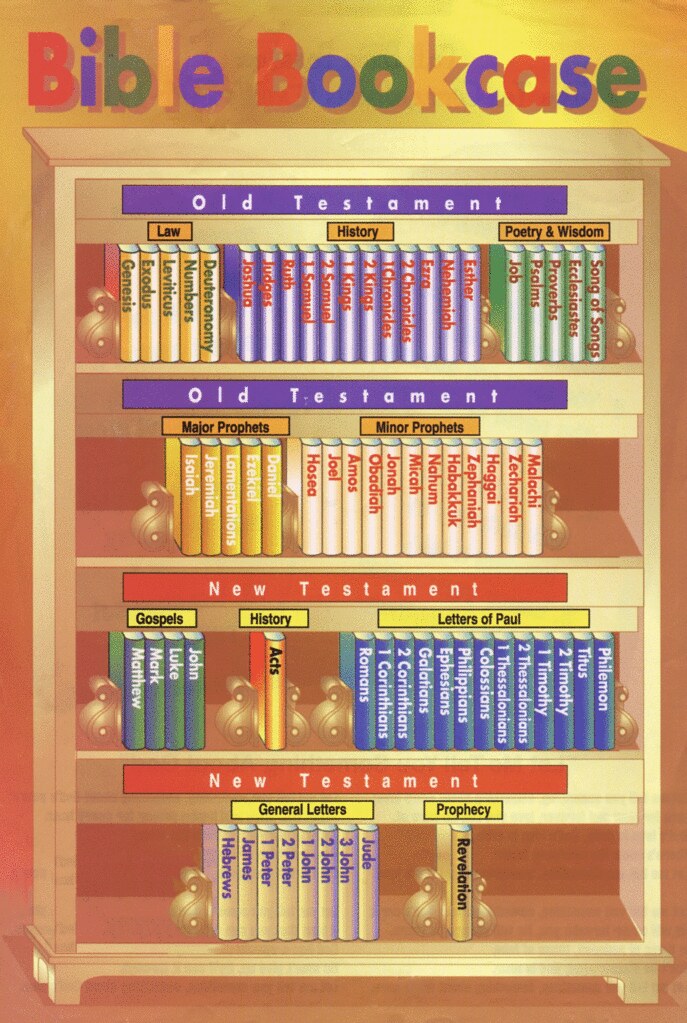BACKGROUND
Right from the beginning, God gave Jeremiah a harsh message of judgment. Throughout the book, we will see him deliver messages that are "courageous, compassionate, and convicting" (Be Decisive by Warren Wiersbe, Jeremiah 2).
God expresses truth through Jeremiah using pictorial language. There are ten pictures that expose Judah sin in this chapter:
1) Unfaithful Wife (2:1-8) - God entered into a covenant relationship with them on Mt. Sinai (Exodus 19-20) that he compared to marriage. In the Old Testament, Israel's idolatry is likened to adultery and prostitution (Isaiah 54:5; Hosea 2:6). They were devoted at first, but they lusted after other gods when they entered Canaan (Judges 1-3).
2) Broken Cisterns (2:9-13) - Forsaking the true God for false ones is like abandoning a spring of fresh flowing water for stagnant, brackish water from a cracked cisterns which was a large pit dug into rock to gather rain water.
3) Plundered Slave (2:14-19) - The Jews were slaves in Egypt, but God delivered them from bondage, yet they had gone back into the bondage of idolatry and allied themselves with pagan countries like Egypt and Assyria.
4) Stubborn Animal (2:20) - This unruly animal would not wear the yoke! Stubbornness is a recurring theme in Jeremiah (3:17; 7:24; 9:14; 11:8; 13:10; 16:12; 18:12; 23;17). Stubbornness of people is often related to animals (Psalm 32:9; Prov. 7:21-23; Hosea 4:16).
5) Degenerate Vine (2:21) - Israel is referred to as a vine throughout the Old Testament (Isaiah 5:1-7; Psalm 80:8-16; Ezekiel 17:1-10; Hosea 10:1-2). His people were to produce fruit, but it produced nothing but a wild vine that looked like the pagan nations.
6) Defiled Body (2:22) - Good works and religiosity would not wash their unclean hearts. Jeremiah talks quite a bit about the heart, using this word over sixty times! Judah needed to give God their whole heart.
7) Wild Animal (2:23-25) - They were like camels and donkeys who search for a mate during mating season. They went unrestrained in their lust after other gods.
8) Disgraced Thief (2:26-28) - They had been caught red-handed in their idolatry because they turned to God when their idols did not come through to help them.
9) Undisciplined Children (2:29-35) - God's children needed a good spanking! Instead of repenting of their sin and remembering their Father, they brought charges against Him. They did not respond to the correction of the prophets. Even though they were struck, they refused correction (5:3; 7:28; 17:23; 32:33; 35:13).
10) Lousy Foreign Policymakers (2:36-37) - They had mad alliances with pagan nations, and it would not turn out well for them because of it.
The key verse for the whole book is in Jeremiah 2:
REFLECTION/APPLICATION
The book Three Steps Forward, Two Steps Back by Chuck Swindoll was so important for me while working in my first full-time job right out of college. I remember memorizing this key verse from one of the chapters during my lunch break on the University of Oregon campus in 1982:
For My people have committed two evils: They have forsaken Me, The fountain of living waters, To hew for themselves cisterns, Broken cisterns That can hold no water. (Jeremiah 2:13)
I found a short devotional that summarizes the gist of the chapter from the book on Chuck Swindoll's Insight for Living Website:
"Cheap Substitutes"
I hope you enjoy it.
I also submit this quote from C.S. Lewis:
If there lurks in most modern minds the notion that to desire our own good and earnestly to hope for the enjoyment of it is a bad thing, I submit that this notion has crept in from Kant and the Stoics and is no part of the Christian faith. Indeed, if we consider the unblushing promises of reward and the staggering nature of the rewards promised in the gospels, it would seem that our Lord finds our desires not too strong, but too weak. We are half-hearted creatures, fooling about with drink and sex and ambition when infinite joy is offered us, like an ignorant child who wants to go on making mud pies in a slum because he cannot imagine what is meant by the offer of a holiday at the sea. We are far too easily pleased.
(The Weight of Gloryby C.S. Lewis, p. 1-2)
What are the "cheap substitutes" in your life?
Do you want . . .
Stagnant cistern water
or
Free-flowing, fresh, living water from a never ending spring?
Do you want . . .
Mud pies in a slum
or a
Holiday at the sea?
PRAYER
Lord, Judah's choices sadden me, but I know that I do not always choose what is best either. Lord, help us all to choose what is best. Amen.

